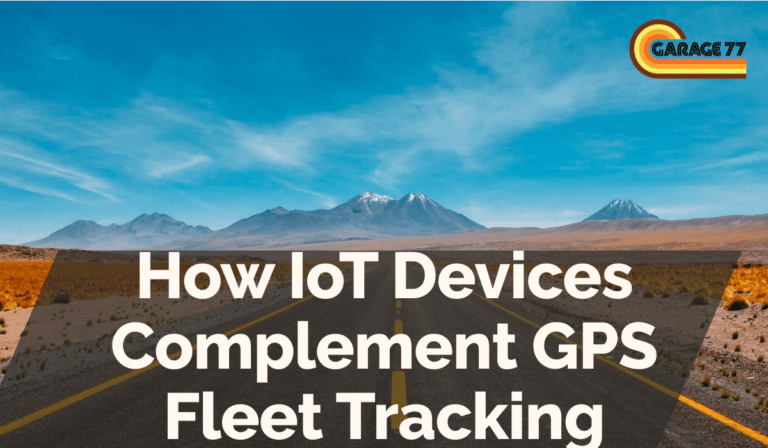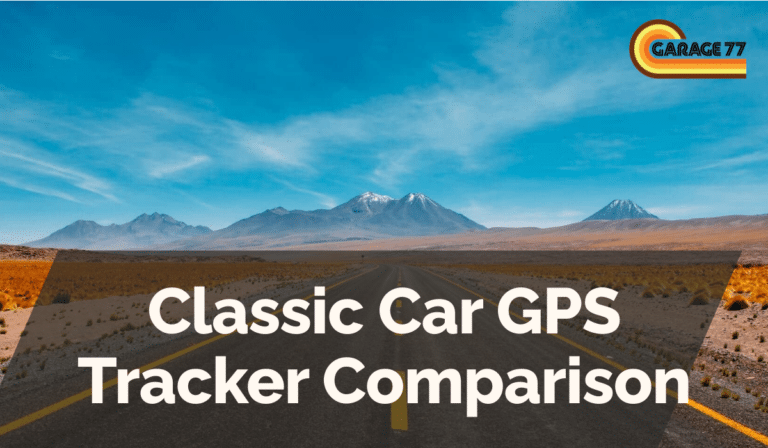GPS fleet tracking is a technology solution that is increasingly being employed by non-profit organizations having a fleet of vehicles. The technology enables these organizations to increase their efficiency in various ways, including lowering costs, improving accountability, and enhancing service delivery. This article explores GPS fleet tracking in the non-profit industry, covering what it is, how it works and its benefits.
What is GPS Fleet Tracking?
GPS Fleet Tracking is a technology that uses GPS (Global Positioning System) devices to track the location of a vehicle in real-time. The technology transmits the location data to a central dashboard, where fleet managers can monitor fleet activity using mapping software. The software that powers GPS fleet tracking provides insights into vehicle movement, speed and idle time, giving fleet managers the ability to optimize vehicle routes and service delivery.
How Does GPS Fleet Tracking Work?
GPS Fleet Tracking uses GPS devices that are mounted in vehicles and connected to a central dashboard. The devices receive location data from GPS satellites in real-time, which is then transmitted to the central dashboard via a cellular network or satellite connection. The data is displayed on a dashboard that shows the location of each vehicle on a map and provides other information such as vehicle speed, direction, and status.
Benefits of GPS Fleet Tracking for Non-profits
Lower costs:
GPS Fleet Tracking helps non-profit organizations lower their costs by optimizing vehicle routes and reducing fuel consumption. With the ability to monitor vehicle movement and make real-time route adjustments, fleet managers can reduce the distance driven and minimize idle time, resulting in lower fuel consumption and maintenance costs in the long run.
Improved accountability:
GPS Fleet Tracking provides non-profit organizations with the ability to monitor driver behavior. The technology enables fleet managers to track the time spent on the road and ensure that drivers adhere to their schedules. Additionally, GPS Fleet Tracking helps identify any instances of reckless driving, such as speeding or harsh acceleration, enabling organizations to address these issues.
Enhanced service delivery:
GPS Fleet Tracking allows non-profit organizations to improve their service delivery by providing real-time information on vehicle locations. This allows organizations to better coordinate their vehicles and optimize their service delivery. Additionally, an accurate tracking system helps organizations to respond quickly to emergencies, improving the overall service quality of the organization.
Frequently Asked Questions (FAQs)
- What types of organizations benefit from GPS Fleet Tracking?
- Does GPS Fleet Tracking require a significant investment?
- How does GPS Fleet Tracking affect driver privacy?
Any non-profit organization with a fleet of vehicles can benefit from GPS Fleet Tracking. This includes organizations that provide community services such as healthcare, education, and social welfare, as well as organizations that provide transportation services.
GPS Fleet Tracking requires an initial investment in GPS devices and software. However, in the long run, organizations can realize significant savings in terms of operating costs, fuel consumption and maintenance, making it a wise investment for non-profit organizations.
GPS Fleet Tracking does not violate driver privacy as it only tracks the location of the vehicle and not the driver’s personal movements. Organizations have the responsibility to inform drivers that their vehicles are being tracked, but the data collected cannot be used to monitor driver behavior outside of work.
Conclusion
GPS Fleet Tracking is a technology that non-profit organizations can take advantage of to optimize vehicle routes, reduce costs and improve accountability. The technology enables organizations to monitor vehicle movement and driver behavior, while providing real-time information on vehicle locations to optimize service delivery. While there is an initial investment required, GPS Fleet Tracking provides an excellent return on investment in terms of cost savings and improved service delivery.







